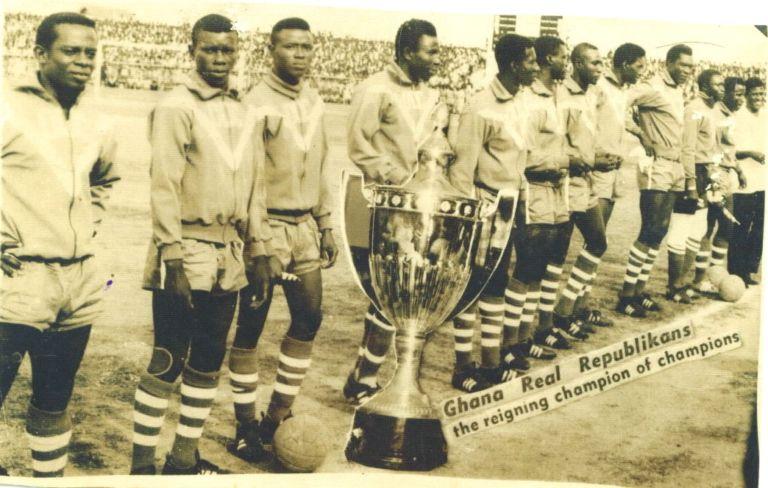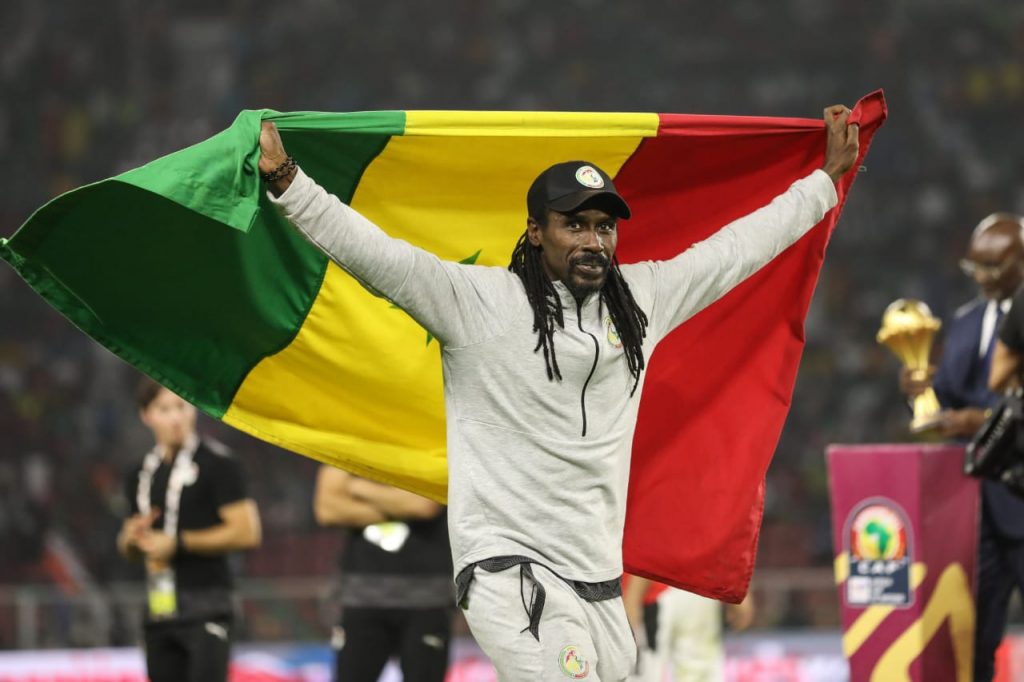
History is the backbone of our ancestry. Understanding and preserving history gives us a sense of commitment to what we love and hold dear. In this episode of The Africa Football Business Show, we were blessed by the presence of a great historian, Professor Peter Alegi, who is also an author.

Peter Alegi. Author of African Soccerscapes
He speaks of the African game with so much pride and passion. I call it the African game because it is high time we own it and invest heavily in it.
Shon, our apt interviewer, asked him excellent questions to gain more insight into the game on the continent. These were the questions: what the history of football in Africa is, what is different about the African game, what changes have been there for sports development, what ails the African game, what are the notable stories in African football, how the play has changed, what have the changes that have been developed mean to the society and finally how we can guarantee the growth of grassroots football in Africa
Down Memory Lane
African football dates back to the 1860s. Football was first played by the white man in South Africa, and Africans would surround the grounds to watch the game. Due to apartheid, the game was mainly played by whites only. Years later, Africans adopted it, and it was even used as a unifying factor to fight the apartheid regime. He gives an example of Albert Luthuli, who used football to spearhead his political career, which is common in Africa with our politicians. He talks about how the game was already being played in Nigeria and Tunisia. It was from this that the African Cup of Nations was born. It is also worth looking into the ideologies of Kwame Nkurumah and his beloved Real Republikans
He equally gave insights on how the game has changed over the years. Back in the day, there were fewer defenders and many strikers, and this changed when the Motherwell team from Scotland came to South Africa and beat white teams of South Africa who were using the old style of play as compared to them who utilized short passes. It was eventually known as the Motherwell style.
What Ails Football in Africa?
The African game is ailing, so we have this platform to seek insights on how we can revamp the game and make it better. According to Prof. Alegi African football is failing because of the colonial legacy, the economic situation in Africa and African politics. I will talk of the colonial legacy because many people do not talk about it. According to him, it took a long time before Africans were allowed to play in the World Cup, which was a significant hindrance. Even when we are about to have the World Cup, African representation is still very low because of the limited slots available for the continent.
Sadly, African countries also seem to trust import coaches from Europe to train their national teams when they can invest in local coaches and create their game style. Many a time, African nations have invited lowly qualified European coaches to train their teams, thinking they will achieve the same success rate as European teams. Clearly, the secret to success is not copying but making your craft great. Senegal is an excellent example, having put their faith in Aliou Cisse for the last seven years, and their recent triumph at this year’s Africa Cup of Nations is the icing on the cake.

Making History. A Triumphant Aliou Cisse. Photo Courtesy
The Way Forward
This is in line with an initiative of developing grassroots football. Prof Alegi advises on the need for collaboration between schools and clubs to make it easier for the players to move up the ranks, he equally opined that the private sector should be brought into play in all this, and he gave an example of T.P Mazembe club in DRC Congo which was born from a private investor, and he finished by encouraging local fans to love their local leagues
Conclusion
There is always a silver lining in all this because Africa has equally made great strides. Even when denied equal opportunity to participate in the world cup, African teams have done relatively well, reaching the quarter-finals on three occasions. He equally praised Africa for hosting the 2010 world cup seamlessly.
Prof. Alegi is the second guest we have listened to and is interested in the welfare of women’s football in Africa. So, what next for this great historian? He is currently working on the history of women’s football in Africa. He wants to tell more about African footballers like Paul Bonga Bonga from Congo, the first African to play in the Belgian league.
What lessons can we pick from history? How is it that our achievements do not match up to our failures? You, my esteemed reader, how many local matches have you gone to watch?
You can watch the full interview here. Remember to SUBSCRIBE to our YouTube channel, FFA Media.
Trevour Maloba is a third-year Bachelor of Arts in Communications student at Strathmore University. I am interested in writing, photography, videography and fitness. From time to time, I cook as a hobby and read many novels. I am currently working as a Communications Intern with The Football Foundation for Africa.

 Back to Blog
Back to Blog 







